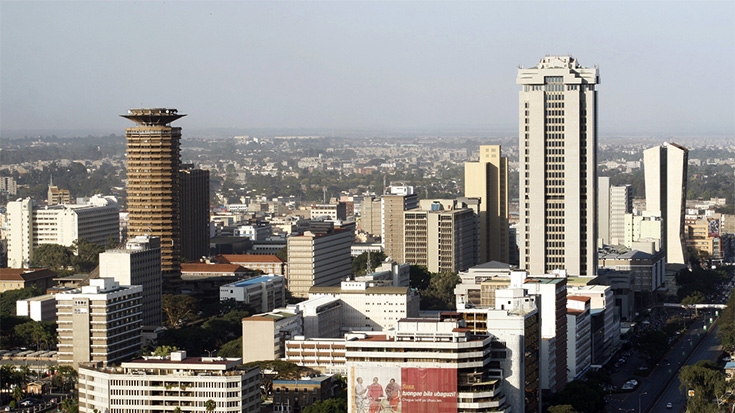The report also recommends that the government reflect and make choices on whether to spend more or spend smart.
“The PER highlights the tremendous economic and social progress that Kenya has made in recent years and the challenges that continue to impact on the economy,” said Diarietou Gaye, World Bank Country Director for Kenya. “The government needs to make choices to spend more or to spend smarter.”
While the government’s expansionary fiscal policy has increased opportunities for growth, it has also constrained public expenditure management particularly in the allocation and utilization of resources, the report says. Some economic fundamentals, such as capacity to service debt, haven’t changed, even though Kenya’s economy is much larger after its gross domestic product (GDP) was revised in September 2014. The revision reduced the share of revenue and exports to GDP to 20% and 10% respectively. Key messages in the report include:
- The growth rate will likely remain around 6-7% in the medium term, particularly if the government effectively manages its big spending decisions to contain growth of administrative recurrent costs, improve selection, prioritization and execution of infrastructure projects, and to sufficiently provide for recurrent operating costs
- The county governments implementing the devolution program, now in its second year, have benefitted from an allocation of one-fifth of the total national expenditure, or an equivalent of 4% of the Gross National Product. This is much more than was negotiated when the August 2010 constitution was promulgated after being widely endorsed by Kenyans. The spending by the counties is considered an important catalyst for stimulating growth at the grassroots across the country.
- Inefficiencies within sectors adversely affect the poor. Apurva Sanghi, the WBG’s lead economist for Kenya, cites the example of spending on primary health, which is highly pro-poor but receives 29% of the total health budget, while 40% of the health budget is spent on curative health, which disproportionately benefits the rich
- Medium term prospects are robust, though Jane Kiringai, WBG senior economist for Kenya, cautions that spending on critical areas will continue to put pressure on the budgets at both national and county government levels. The prevailing situation, she said, increases the risk of inflation if economic growth accelerates beyond the prevailing levels.
- The report recommends that the government allocate sufficient resources for operations and maintenance, whose budget as a share of GDP has been cut back from 8.5% in 2010/11 to 6% in 2013/14. It also calls on the development agencies to coordinate their development assistance more effectively to improve efficiency and development outcomes.
The Kenya PER is produced by the WBG in collaboration with the Kenya government. The policy note is intended to make a contribution toward how the government and development agencies design and implement their policies and programs.

